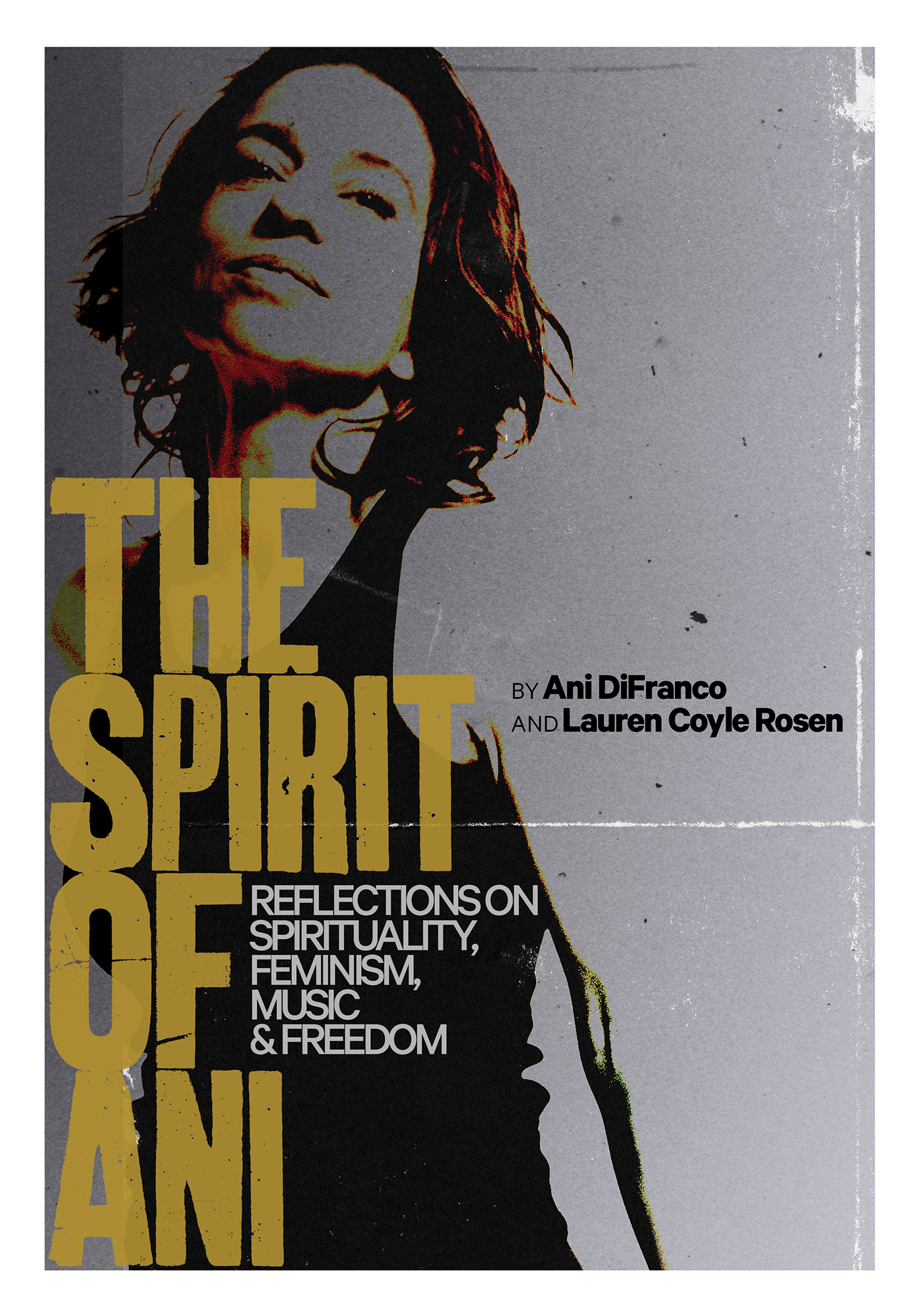Bushwick Bill died so many times.
Some of those deaths were theatrical. At some Geto Boys concerts, there was a mid-show stunt they did at least once. Bill would clutch his chest and collapse. Scarface and Willie D, the two other Geto Boys, would scream for help. Paramedics would swarm the stage. Then Bill would lurch up, grab a microphone, and keep rapping.
Some of those deaths were metaphorical. "We're dead already," Bill told SPIN in 1990. He was talking about the hopeless violence in the Geto Boys' Houston hometown -- the elevated circumstances that made it natural for the Geto Boys, and for Bill in particular, to rap about absurdist violence with such discomfiting ease. Bill expounded on that idea on "Already Dead," a song from his 1995 solo album Phantom Of The Rapra: "Death ain’t nothing but a five-letter word to me."
https://youtube.com/watch?v=Qqnz7ahjX2Q
And at least two of those deaths were literal. When Bushwick Bill died over the weekend, after a short public battle with stage 4 pancreatic cancer, it wasn't the first time. One night in 1991, Bill was high on grain alcohol and PCP, and he was suicidal. Bill tried to get his girlfriend to shoot him. She wouldn't do it. They fought. Eventually, the gun went off, shooting Bill in the eye. Later, Bill claimed that he actually died in the hospital -- that he woke up in the morgue, on a slab, with a tag on his toe. (This seems like the type of morbid and ridiculous story that Bushwick Bill would've made up, but then Bill's whole life was a morbid and ridiculous story, so who's to say.) "I brought my work home with me," he joked to The Washington Post shortly thereafter.
A year later, he rapped about the whole story on the solo single "Ever So Clear." It's a gripping, harrowing song. Bill raps about threatening his girlfriend's kid, saying he'll kill the baby if she doesn't kill him. The whole time, he sounds eerily peaceful: "I'm glad that I'm here, G / But it's fucked up I had to lose an eye to see shit clearly." At the end of the "Ever So Clear" video, Bill plucks out his fake eye and plunks it into a wine glass.
Famously, while Bill was still in the hospital, the Geto Boys' label Rap-A-Lot took that moment and made the best of it. They capitalized. Bill was barely conscious when he posed for the photo. Later, he said that he couldn't remember it. But there it is: Fellow Geto Boys Scareface and Willie D flanking Bill, who's sitting upright in a gurney, a 5th Ward Posse hat perched on his head, a giant Zack Morris cellphone up to his ear. The bandage on his eye is pulled down, revealing the red hole in the middle of his face where his eye used to be. That image became the cover art for the Geto Boys' next album 1991's We Can't Be Stopped. It's one of the all-time great rap images.
Bushwick Bill did things like that for his entire public life. He took desperate, sad, squalid circumstances, and he made lurid, fucked-up, unforgettable art out of them. There was no roadmap for Bushwick Bill to succeed. Everything in his life was lined up against him. He was born in Jamaica, poor and black. He had dwarfism, the sort of thing that can define your life if you let it. But he found ways to thrive. He moved with his family to Brooklyn, and then to Houston. As early as 1984, he joined the first iteration of the Geto Boys -- then the Ghetto Boys, an unformed extension of a regional rap record-label brand -- as a hypeman and a dancer. Bill was in the group before Scarface and Willie D. He was the only original member who stuck with the group until the very end, through breakups and upheavals. And with the Geto Boys, Bill found a way to translate his poverty and depression and dwarfism into positives. He made them work for him.
"My Mind Playing Tricks On Me," the Geto Boys' biggest song and an all-time undisputed rap classic, is our finest evidence of Bill's ability to flip things around. "Mind Playing Tricks" is a desperately sad song, a bewitching howl of emptiness. And within that, Bill is a sort of dark-comic relief. While Scarface and Willie D contemplate suicide, Bill weaves a story about robbing trick-or-treaters on Halloween. In the video, Bill's devilish grin is what sticks with you. He tells of fighting a giant adversary, and then he tells of realizing that it was all a hallucination: "Then I felt just like a fiend / It wasn't even close to Halloween."
That persona -- the violent imp -- carried Bill through years and years. With Bill's music, horror-movie imagery became a kind of escapism. He talked about watching Child's Play, thinking that if Chuckie was small and dangerous, he could be small and dangerous, too. And he steered into that -- flashing machetes onstage, committing mass murder on wax. On "Chuckie," the solo showcase from We Can't Be Stopped, Bill takes that theatrical bloodlust to ridiculous extremes: "Play pussy, get fucked, means you’re better off dead / I wanna see food, so I fished in a child’s head... A murder contest, you know I’ll win it / Cuz in every mailbox, there be a head with a knife in it." Elsewhere, he'd rap about rape and necrophilia. When people talk about the objectionable content in rap music now, they don't even know. In 1991, it still felt a bit like a novelty to hear cuss words on rap records. And here was Bushwick Bill, dancing down the street, playing with entrails.
To a certain extent, this was gimmickry. It had to be. In the late '80s and early '90s, Southern rap was a total nonentity on a national level. New York was still the center of the rap world, and LA was only just coming on as a competitor. Other than 2 Live Crew in Florida, nobody had yet come out of the South to leave a national impact. The Geto Boys were the first Houston rappers that most of us ever heard. They had to invent Houston rap -- and Southern rap in general, really -- in the popular imagination. To do that, the Geto Boys had to do something to get noticed, and nobody was better at getting noticed than Bushwick Bill. (To some extent, the strategy backfired. When Rick Rubin tried to release the Geto Boys' self-titled album on his Def American label, Geffen, Rubin's parent label, severed ties with him, refusing to have anything to do with the Geto Boys.) But Bill's music was heavy and unsettling and powerful in ways that went beyond simple shock appeal. He had a way of communicating, of finding pathos.
When Bill rapped about poverty, he made it hard and tangible: "In the kitchen every night, I would see rats and roaches eating better than me." On "Fuck A War," he became the rare public figure to come out against the first Iraq war, when pretty much all of popular culture used it as an excuse for American triumphalism: "Cuz two suckas can’t agree on anything / A thousand motherfuckers dying for nothing... I ain’t getting my leg shot off while Bush’s old ass on TV playing golf." Not everything Bushwick Bill did has aged well, and "Fuck A War" doesn't hold up to too much scrutiny. After all, Bill says that we're lucky he's not president: "I’ll aim one missile at Iraq and blow that little piece of shit off the map." But beyond the jump-scare stuff that Bill must've felt like he had to do, there's a real critique of the way the American military preys on poor black kids. Rappers just were not doing that back then.
Bill's realest moments came when he'd talk about his dwarfism, about feeling like the entire world was staring at him and laughing at him. (As someone on the extreme opposite end of the height spectrum, I got off a whole lot easier than Bill did, but I can relate.) More than a decade after his suicide attempt, Bill rapped about his height as the reason he tried to end himself: "I used to ask, why did God make my brother so tall and me a dwarf?... You’d never make it, life’s not fair / Everywhere you go, people point, people laugh, people stare." That song, the 2005 Geto Boys reunion track "Leaning On You," is all about finding God, something Bill did later in life. A few different times, he became an evangelical Christian. (At one point, he cleaned up, backslid, got arrested for drugs, and almost got deported to Jamaica.)
There aren't a whole lot of great rap songs about religious awakenings, but Bill could make even that work. After all, death was always his great subject, his artistic fascination. In his later music, Bill simply used his beliefs as another way to approach the void -- another angle to consider death. Even when he came out publicly about his cancer last month, Bushwick Bill seemed to regard the inevitable with a sort of detached amusement that we can only call courage. He's died again now -- one last time, a final encore. This time, he won't make it back. But since he spent so long considering this moment, maybe the best we can do is to wish him well on his next great adventure.
FURIOUS FIVE
1. RJmrLA - "Apartments"
"I grew up in them projects where my granny was the landlord / And the windows had bars like a metaphor." Incisive rider music from one of the LA underground's finest.
2. Bandgang Lonnie Bands & ShredGang Mone - "Shred 1.5" (Feat. Click Cash Boog)
Some rappers have an incredible gift for going in over ominous, apocalyptic beats, talking shit like this end-of-the-world music is no big deal. Detroit, it seems, is lousy with these rappers. Wonder why.
3. 22Gz - "Crime Rate"
22Gz comes from Brooklyn, and he's one of the key figures involved in importing the Chicago drill sound to New York. He also once killed a guy over a parking dispute in Miami, and he beat the case. Now he's signed to Kodak Black's label. I don't even know, man. Rap music is messy. This song is good.
4. Curren$y, Trademark Da Skydiver, & Young Roddy - "Plan Of Attack"
God bless the original Jet Life crew, a decade in and still capable of making music that just glows with contentment.
5. 'LGado - "Pretty Bitch"
The hard-thunk piano beat is one of America's greatest inventions.
https://youtube.com/watch?v=Gmnk29sKgkg
IT WAS ALL GOOD JUST A WEEK AGO
Sada Baby the best rapper in Detroit https://t.co/6vB6ZNlQAf
— Danny Brown (@xdannyxbrownx) June 7, 2019






